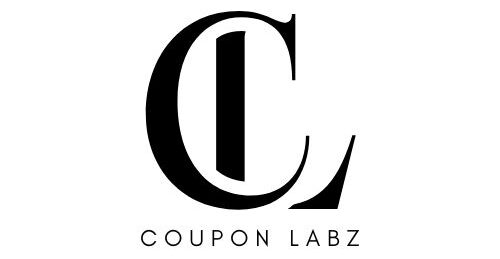The Wellness Economy 2025: Where Your Health Is a Subscription
In 2025, wellness is no longer something we fit in between work and life—it is the work. From mental health apps and AI nutritionists to on-demand fitness platforms and monthly recovery pods, we’ve entered a world where health isn’t a product or service—it’s a subscription.
Welcome to the Wellness Economy 2025, where staying well means paying monthly for everything from mindfulness to gut health. This blog explores how the wellness market has transformed, what’s driving this booming industry, and how it’s changing the way we live, spend, and take care of ourselves.
💡 What Is the Wellness Economy?
The wellness economy refers to all industries focused on improving physical, mental, emotional, and spiritual wellbeing. In 2025, it includes:
-
Fitness (apps, wearables, smart gear)
-
Nutrition (meal subscriptions, AI-guided plans)
-
Mental health (therapy apps, mindfulness subscriptions)
-
Sleep and recovery (smart beds, rest pods, wearables)
-
Preventive healthcare (DNA-based supplements, blood test trackers)
Globally valued at over $8 trillion, wellness has evolved from luxury to lifestyle—accessible, personalised, and recurring.
🧘 Why Health Became a Subscription
1. Tech Made Wellness Personal & Scalable
With AI, wearable data, and app ecosystems, companies now offer hyper-personalised care—adjusted daily based on mood, sleep, or blood sugar.
2. Post-Pandemic Priorities Shifted
Health, immunity, and mental resilience became front-and-centre concerns. People want proactive control over their wellbeing, not just reactive care.
3. Time-Conscious Living
Subscriptions fit modern lives—short, guided, and on-demand. Instead of 1-hour gym commutes or monthly appointments, you get instant access via app or wearable.
📦 Wellness-as-a-Service: What You Can Subscribe To in 2025
🧠 Mental Health & Mindfulness
-
Headspace Plus or Calm AI – Daily meditation, mood tracking, emotional check-ins
-
Woebot or Wysa – AI therapy chats
-
Mind Gym Pro – Daily CBT & mindset coaching with progress tracking
🏋️ Fitness & Movement
-
Peloton 3.0 – Immersive classes in AR/VR settings
-
FuturFit – AI-generated workouts tailored to daily biometric data
-
Tempo – Smart mirrors with real-time form correction and adaptive training
🍎 Nutrition & Gut Health
-
ZOE or Viome Pro – Gut microbiome testing with personalised meal kits
-
Nutrition AI – Apps that scan your meals and offer daily food coaching
-
Smart supplements – Monthly packs based on blood tests and wearable data
😴 Sleep & Recovery
-
Eight Sleep Cloud – Temperature-adjusting beds with AI sleep analysis
-
Calm Pods – Monthly sessions in recovery capsules with guided breathwork
-
Smart melatonin packs – Delivered monthly and adapted to sleep patterns
🔄 Longevity & Biohacking
-
Levels – Continuous glucose monitoring
-
Thorne+ – DNA-based supplement regimens
-
Ava Labs – Hormone & stress test kits with coaching feedback
💳 The Business of Wellness Subscriptions
Wellness is now a recurring revenue model, just like Netflix or Spotify:
-
Monthly or annual plans for self-care tools
-
Tiered pricing for personalised vs. general plans
-
Access to communities, coaches, or AI bots
-
Discounts for “bundled wellbeing” across services
Corporations now also offer wellness subscriptions as employee benefits, including mental health apps, sleep coaching, or digital gym access.
⚖️ Benefits vs. Risks of Subscription-Based Health
✔️ Benefits:
-
Consistency leads to better results
-
Easier access to expert-level support
-
Encourages proactive wellbeing habits
-
Scalable and more affordable than 1-on-1 services
⚠️ Risks:
-
Over-subscription fatigue (paying for too many tools)
-
Data privacy concerns
-
Commercialisation of self-care
-
Risk of dependence on apps instead of self-awareness
🔮 What’s Next in the Wellness Economy?
By 2030, we may see:
-
All-in-one wellbeing bundles from major providers (like Amazon Health or Apple Wellness+)
-
Metaverse wellness retreats offering guided mental resets
-
Emotional wearables that detect and respond to real-time stress
-
Subscription health insurance hybrids, where your premiums adjust to your habits
💬 Final Thoughts
Wellness in 2025 isn’t something you do once a year—it’s something you subscribe to. It’s a lifestyle that blends personal growth with digital convenience. And as the lines blur between health, tech, and lifestyle, one thing is clear:
Self-care isn’t a luxury. It’s a monthly commitment.


